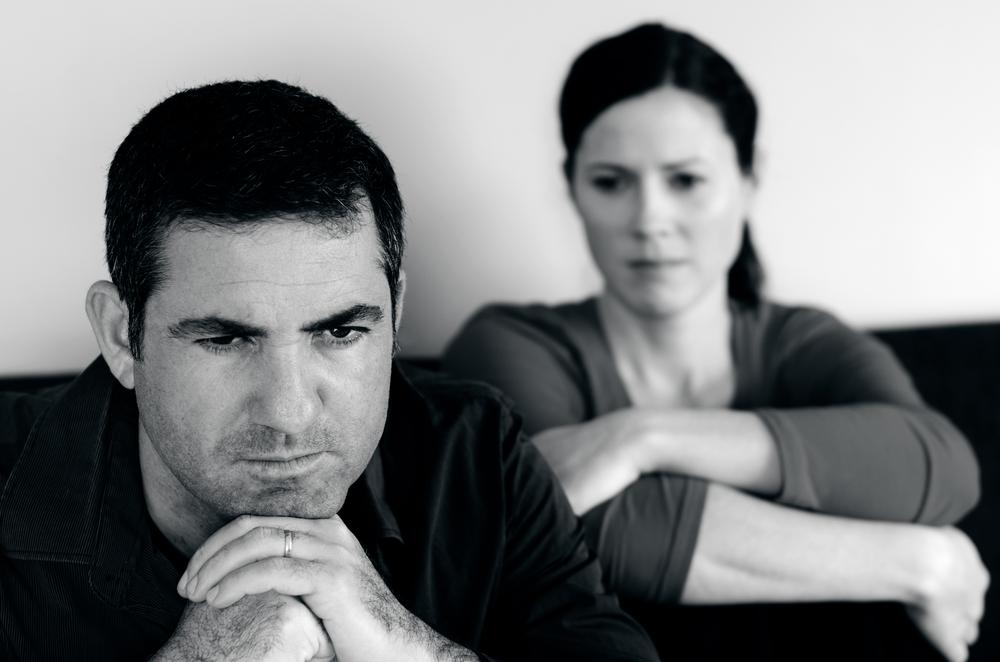Knowing also gives us a sense of control. If we can know something, we believe we can control it. If we can control it, we feel less vulnerable to the ever-changing currents of life. And we come to believe that if we can control life, we can be happy.
Nancy Colier is a psychotherapist, interfaith minister, thought leader, public speaker, and the author of "Can't Stop Thinking: How to Let Go of Anxiety and Free Yourself from Obsessive Rumination,” “The Power of Off,” and the recently released “The Emotionally Exhausted Woman: Why You’re Depleted and How to Get What You Need” (November, 2022.)
Author’s Selected Articles






